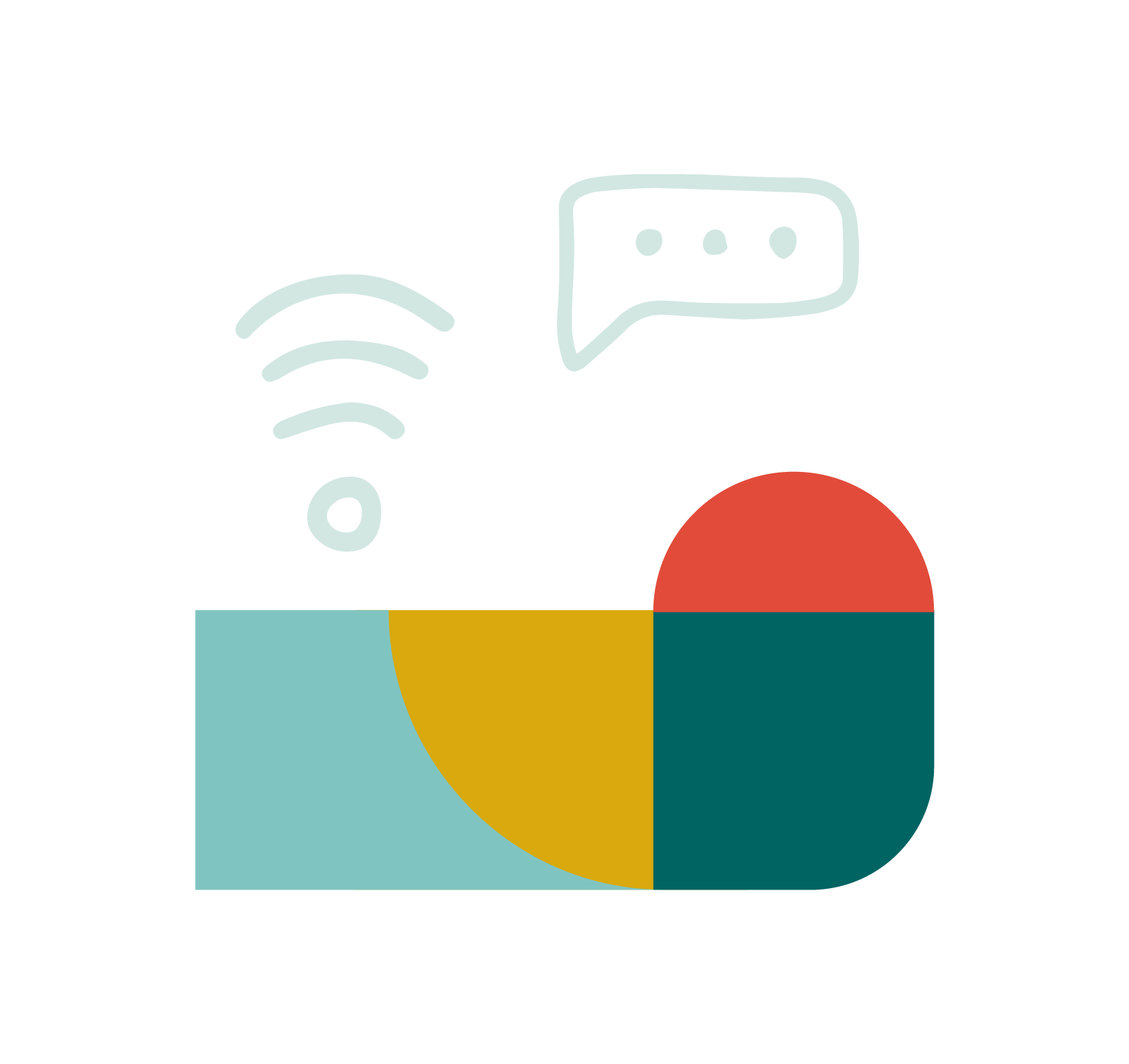
Projects and Collaborations
Behaviours of Concern and Sleep
We are investigating the links between behaviours of concern and sleep, including the impact of improving sleep on behaviour. To address sleep problems in youth with NDDs, we have created Nova Sleepcare, a novel sleep education intervention co-designed in partnership with people with lived experience.
Learn more about behaviours of concern, sleep, and Nova Sleepcare
Developing Inclusive Research Protocols
Children and youth with NDDs who have behaviours of concern are often excluded from research due to the intersection of age, disability, and behaviour. This exclusion has created a research gap and limited the real-world relevance of many studies. At the PN Lab, we are developing inclusive protocols to change that.
Brain Imaging
While magnetic resonance imaging (MRI) can measure structural and functional properties of the brain, traditional MRI protocols are often not feasible for children with NDDs and behaviours of concern. We have developed an inclusive protocol to capture high-resolution brain images in this population without the need for sedation.
NDD Care Coordination
Care coordination helps children with NDDs and medical complexity access the right care, in the right place, at the right time. We are investigating how behaviours of concern impact care coordination.
NDD and the Gut Microbiome
We have developed inclusive and adapted protocols to examine sleep, gastrointestinal issues, and behaviours of concern in children with NDDs. While research suggests that sleep and gastrointestinal problems may contribute to the presentation of behaviours of concern in this population, studies remain limited without adapted approaches that accommodate their needs.
Needs Assessment for Children and Youth with NDDs and Behavioural Complexity
We are interviewing individuals that care for children with NDDs and BoC to investigate the barriers and gaps to service and supports delivery for these children in Calgary and the surrounding area.
Machine Learning for Precision Medicine
We are using machine learning and precision medicine to help us see patterns in complex data to improve the diagnosis, care, and treatment of children and youth with NDDs.
Inclusive Language in Clinical Research
While recognizing that inclusive language is always evolving, our lab has identified some key terminology and definitions that we use throughout our work.
Learn more about our inclusive terminology soon
Mitochondria and Metabolism
We are investigating the role of mitochondrial bioenergetics in individuals with NDDs, with a focus on how disruptions in energy metabolism contribute to traits and behaviours in individuals with NDDs. To advance this work, we have developed a non-invasive buccal swab platform that enables the assessment of key mitochondrial parameters, providing a practical and scalable proxy for studying cellular bioenergetics in youth with NDDs.
Measuring Behaviours of Concern with the BoCAI
In partnership with people with lived experience, including children and youth with NDDs, their caregivers, educators, healthcare professionals, and others, we have created a novel instrument to measure behaviours of concern called the Behaviours of Concern Assessment Instrument (BoCAI).









